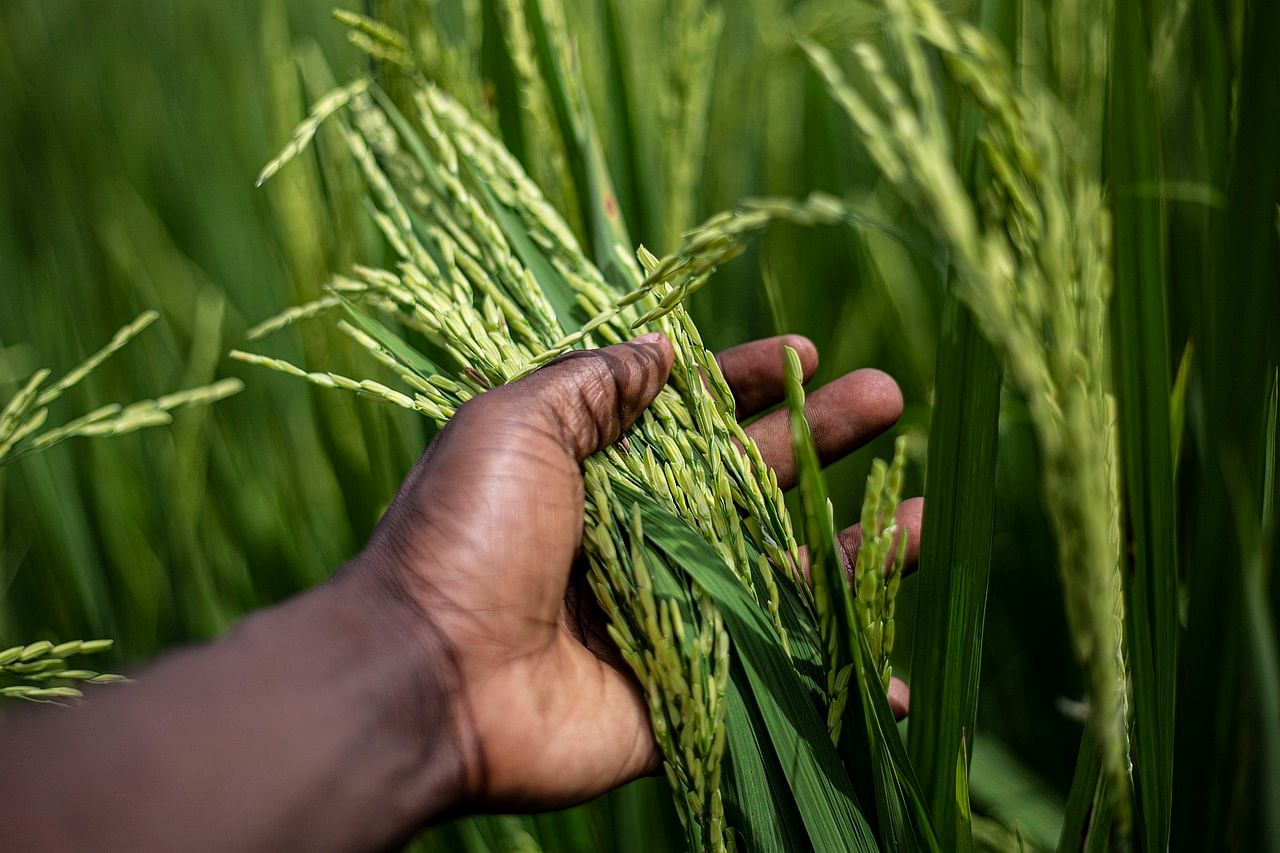
Organic farming is frequently recommended as a strategy to enhance agricultural sustainability by employing more natural production methods, especially concerning pesticides and pest control. However, a recent study published in Science reveals a complex relationship between organic cropland expansion and pesticide use in surrounding non-organic fields, challenging some assumptions about its environmental benefits.
The study, conducted by researchers and published on March 21, 2024, digs into the intricate dynamics of agricultural practices and their broader environmental impacts, particularly focusing on pesticide use in the context of organic farming expansion.
Organic agriculture, celebrated for its reliance on natural pest control methods, has been indicated as a means to enhance sustainability in food production. Yet, the study suggests that the effects of organic farming extend beyond individual fields, influencing neighboring conventional farms.
Analyzing data from approximately 14,000 fields over seven years in Kern County, California, a region renowned for high-value crop production, researchers observed a nuanced relationship between organic cropland and pesticide usage. Kern County, boasting crops like grapes, watermelons, citrus, tomatoes, and potatoes, serves as a valuable producing region in the United States.
The findings indicate that the presence of surrounding organic cropland tends to reduce pesticide use on organic fields, particularly insecticides. This reduction aligns with the principles of organic farming, which prioritize natural pest management strategies over chemical interventions.
Conversely, the study reveals a concerning trend: the expansion of organic agriculture correlates with increased pesticide use on nearby conventional fields. This unexpected outcome underscores the complex interplay between different farming methods and their broader environmental repercussions.
Further analysis demonstrates that the spatial arrangement of organic fields plays a crucial role in shaping pesticide use patterns. Clustering organic farms together and geographically separating them from conventional farms emerges as a potential strategy to mitigate the adverse effects of organic farming expansion.
While organic agricultural practices aim to minimize local environmental impacts, their influence on neighboring farms has been less explored until now. The study highlights the need for a comprehensive understanding of how organic farming practices intersect with broader agricultural systems.
Organic fields increase pesticide use in nearby conventional fields, but reduce it in organic neighbors, a new Science study finds.
— Science Magazine (@ScienceMagazine) March 21, 2024
The results suggest that clustering organic fields could reduce pesticide use at the landscape scale. https://t.co/AahEN8abHV pic.twitter.com/hkl0pJiRBw










